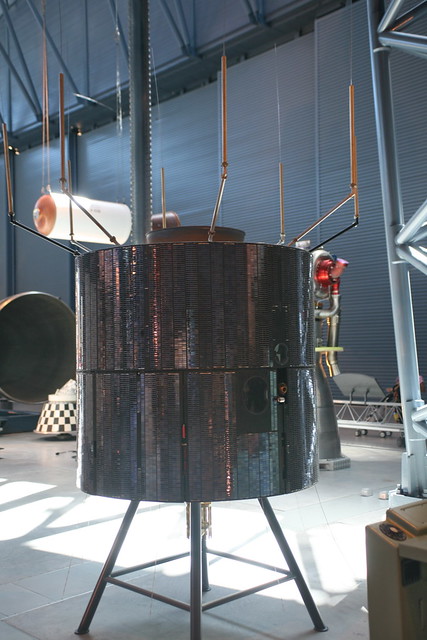
Long ago, circa 1985, colleagues, friends and family used to think I was interested in technology because I used a PC in my work and they did not. I was not interested in technology. I was interested in how technology could be applied to my interest in (law) publishing.
People still think I’m interested in technology. I am a little more so than before. But primarily I’m interested in applying technology to problems that I want to solve. Note that word “applying”. Applying technology to solve problems is “application” of technology, hence software “applications”, web “applications”, mobile “apps”. I don’t think of applications as technology; they are what you want to do with technology.
Just as my fridge is not technology, it’s an application of technology which keeps things cool, so too BusChecker is not technology, it’s an application of technology that tells me when the next bus is arriving. You get the drift.
Armed with that brilliant insight, I went along last week to an SCL knowledge management group meeting “Apps within law firms”, held at City firm Berwin Leighton Paisner’s offices.
I don’t know what I was expecting. Turns out we were looking at apps produced by the top 25 law firms, which narrows the field a bit (to approx 0.3%).* Apparently, of the top 25 firms, only 8 have published between them 14 apps for Apple and only one for Android. So we were not considering the bleeding edge.
It was suggested that legal apps fall into three categories: directory-type apps, information research apps and transactional apps. Fair enough. We looked at some examples of each.
Then, in a 10 minute session mid-way through we were asked to break out into three groups, each with one of the above focuses, and to consider the most important features of apps and what might make a killer legal app. In 10 minutes!
Needless to say, we didn’t get very far, though Team 1 I think made a particularly good fist of it.
There was a lot of talk of “content”, which is understandable coming from legal knowledge managers, and even a reference to legal apps being “content heavy”, but that I think is the antithesis of what apps are about; apps are not about content any more than they are about technology; and everything about what makes a successful app screams “light” rather than “heavy”. Google Maps, Twitter etc – these apps we use the most are accessing huge amounts of data, but they’re not data heavy, they work by making light of it.
We then had a look at BLP’s Tax Residence Test app which “helps you work out whether you are tax resident in a given tax year”, which question doesn’t trouble enough of us for it ever to be considered for the Killer App award.
I was hoping we’d have some discussion of the likes of Shake Law and what those apps represent. But no.
*There are many more apps by law firms listed by Alex Heshmaty on Delia Venables page Legal apps for individuals. And a good article on apps by law firms on SCL by Kim Tasso from June 2012 and a follow-up on Kim’s blog in May 2013.

Hi Nick,
Re: your comment regarding the BLP App, which, “helps you work out whether you are tax resident in a given tax year”, which question doesn’t trouble enough of us for it ever to be considered for the Killer App award.”
There are approximately 5.5m UK expats worldwide and over 100,000 leavers each year. Just a small fraction of these is a reasonable number of people.
The new Statutory Residence Test has clarified and yet complicated the UK residency position.
Our new App is the perfect on going companion to the BLP App. UK residency is based on dsy counting and ties to the UK. The http://www.trackingdays.com App counts days effortlessly on your iPhone. http://bit.ly/TKGdownload